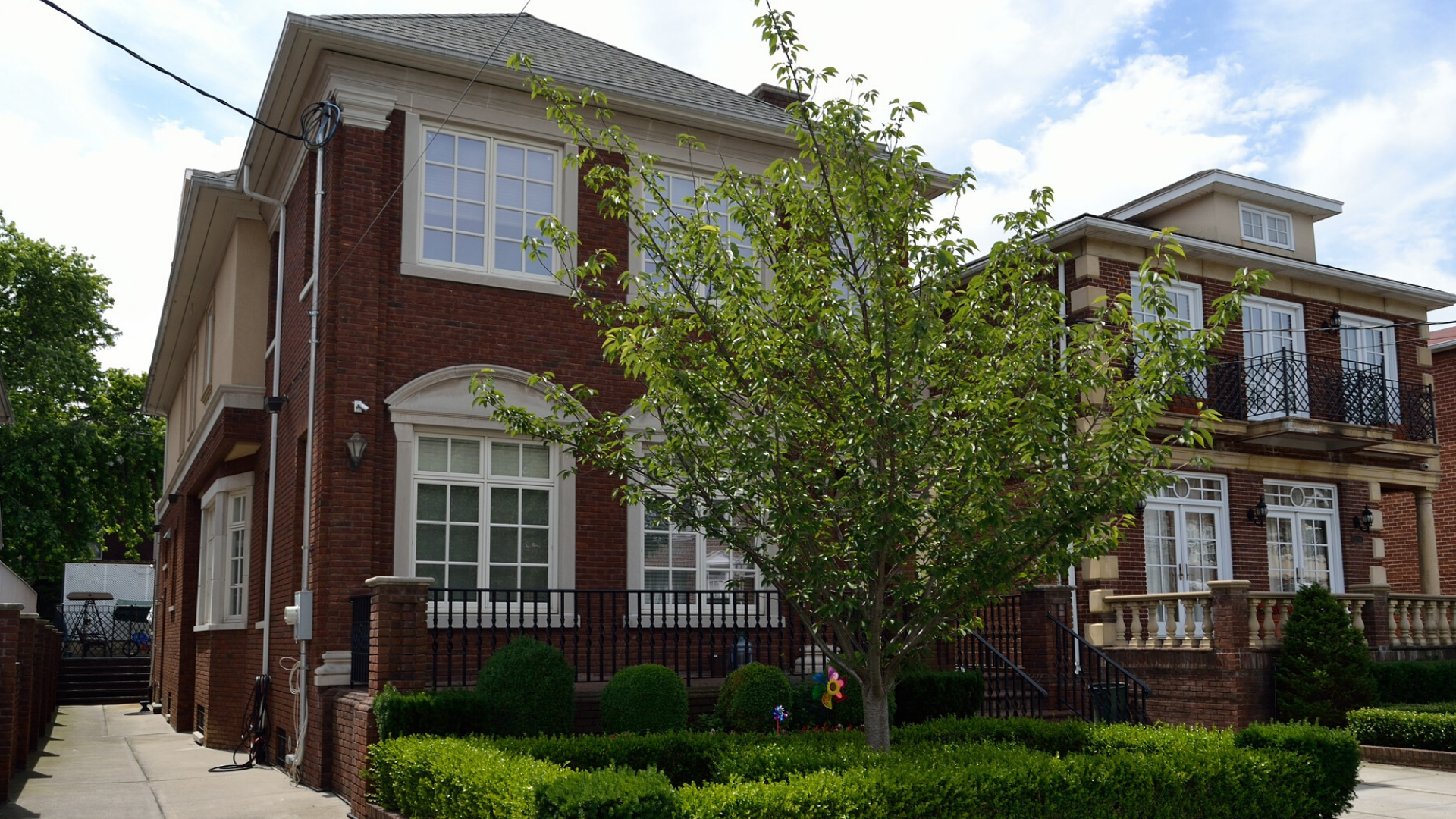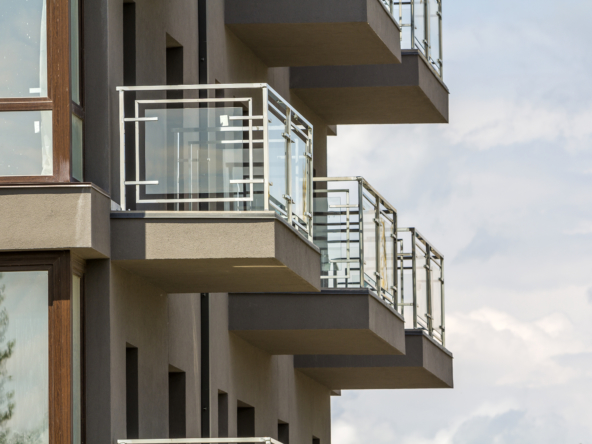Have you ever rented a home? If so, you probably had to deal with a property manager, who showed you the place, helped you settle in, and kept in touch throughout your tenancy to solve problems and make you feel at home.
What a residential property manager does is run rental properties – this category may include single-family and multi-family rental homes, condos, apartments and townhouse complexes, ensuring that the property generates as much money as possible for you.
What does residential property management entail?
A good property management service starts long before the property is rented. Management professionals also work as real estate agents in a way, helping you advertise and rent out your place and keeping it occupied as much as possible.
Let’s go over the 5 key jobs of effective management of residential properties.
Before leasing / between leases
Property management professionals start working before the property is even on the market. If your investment property is newly built or freshly renovated, good property management companies will analyze rental prices of local real estate in the area, and help you set up a competitive rental rate. Then they will engage in a proactive marketing campaign to bring in lots of prospective tenants, stage and show the property to them.
Interested prospective tenants have to be vetted and qualified, and this can be time-consuming. A wise property owner knows how to save time by off-sourcing all of this work to a residential property management expert.
Another fact that property management companies are well aware of is that residential property turnover rates are much higher than for commercial properties – residential leases often last 12 months or less. Effective management will start advertising your rental property the second the tenant has given notice that they will leave, and will clean, stage and show it as soon as possible, to minimize the time between leases and keep it generating money.

Renting process
After advertising, showing the property and vetting prospective tenants, it’s time to let the property out. Someone with experience managing properties will be very helpful at this point, as the terms and duration of the lease must be negotiated before drawing up all the paperwork.
Then the relevant documents must be completed and filed, and a safety deposit must be collected. In condos and other multi-family living situations, the tenants must be educated on the rules and regulations of the building or HOA, and also made to feel welcome and aided in their moving-in process. A proactive and friendly approach to property management will ensure all of these processes go smoothly, as well as monthly rental collection.
Maintenance and Repairs

Someone who manages residential properties knows that maintenance is key. Mechanical systems such as ventilation and drainage must be cleaned and checked periodically, and seasonal maintenance and prep will save a lot of money in repairs later on.
Tenant issues should be listened to and resolved quickly, to maintain a good landlord-tenant relationship and to protect the value of your property. A residential property manager has systems and staff in place to deal with emergency repairs swiftly and is prepared for most eventualities so you can sleep well knowing your building is in good hands and your tenants are happy and safe.
Admin
As a property owner, you know there is a lot of paperwork and administrative tasks to take care of: taxes, mortgage payments, insurance of various types. Also, there are various payrolls to think about: landscaping and gardening staff, maintenance staff, security if you have it.
A residential property manager will stay on top of all the admin and paperwork so you don’t have to worry about any of it.
Reporting
It is up to you to decide how often you want to hear from your property manager, and whether you want to receive an email, a phone call or even have a meeting to go over the state of your properties. Whichever your style, make sure your property manager communicates and reports to you regularly, and consults before making important decisions on your behalf.




